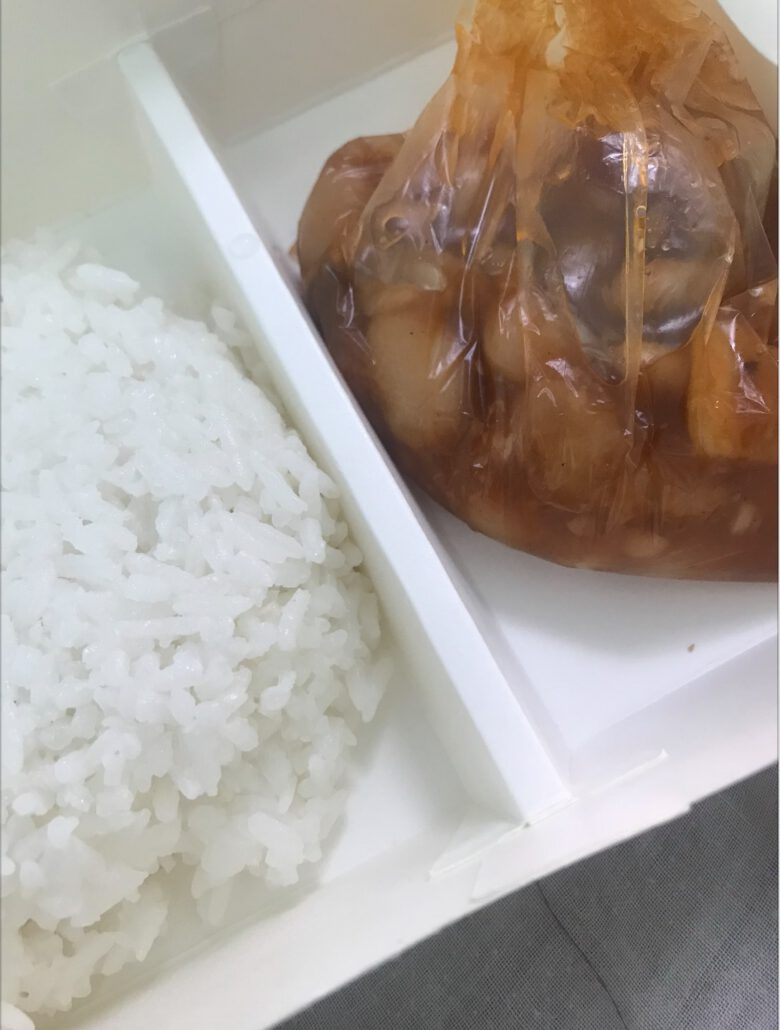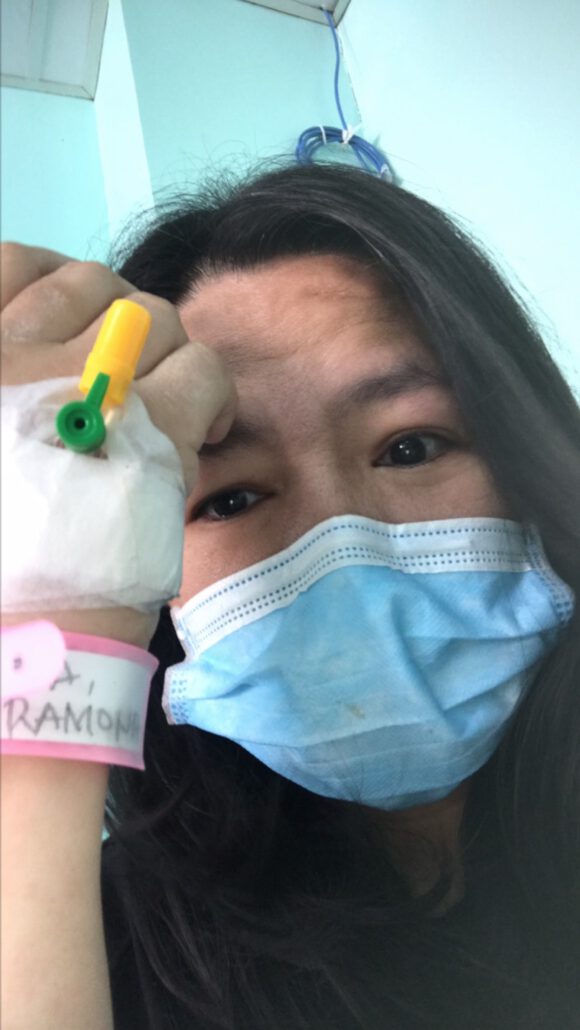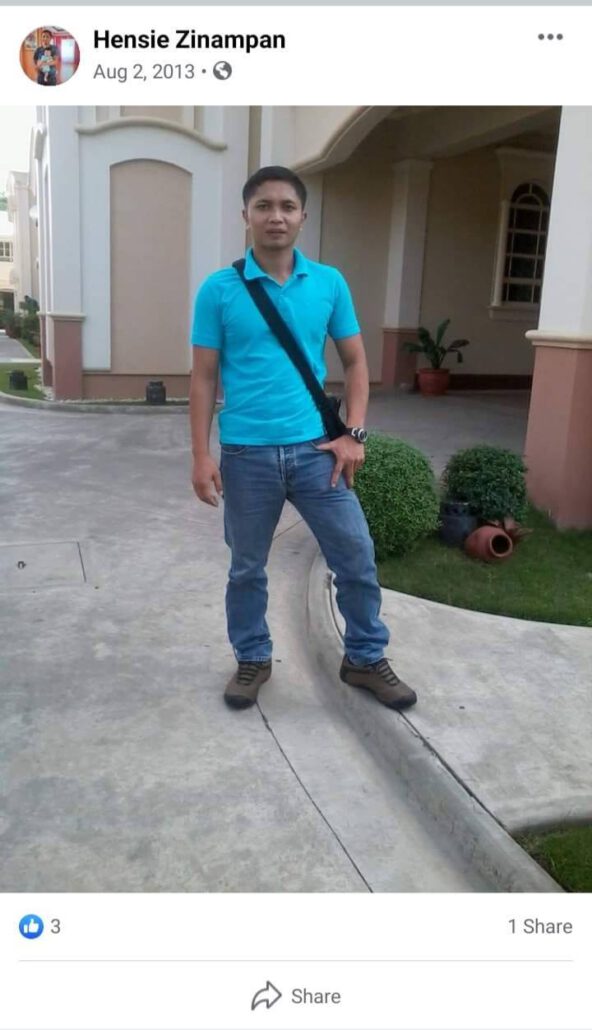‘MAGSASAKA, BUTIHING AMA’: Who was Jesus Alegre and why he did not deserve a single day in prison
By KAPATID
Jesus Alegre, a 75-year-old political prisoner, his wife Morita, 74, and son Selman, 47, have been in prison for 16 years despite the fact they did not deserve even a single day behind bars. On Sunday, June 13, after months of increasing weakness and disorientation, Jesus could no longer sit up or stand by himself and died without even seeing a glimmer of freedom.
Who was Jesus Alegre and why should his story be known?
Named after the savior of the world and happiness, Jesus Alegre was a Filipino everyman born on December 22, 1945 who eked out a living from fishing and farming. Together with his family, he lived by the sea in barangay Taba-Ao in Sagay at the northern tip of Negros Occidental, a provincial cradle of centuries-old feudal oppression. He strived to make ends meet by fishing and by selling copra and coconut wine (tuba) produced from the coconut trees they planted.
Though he could barely read and write and his wife Morita is illiterate, they were able to raise seven children and send them to school with the income they earned from the sea and the earth. According to a 2015 report from Karapatan, the industrious couple was also of great help to anyone in their community who needed financial assistance.
Life for Alegre and his family in their coastal barangay seemed good. But it changed when a “landlord town official,” Avelino Gaspar, tried to grab the land they tilled and nurtured over a generation. Gaspar tried to get out a land title for 15 hectares that included the portion of 1.12 hectare, which the family of Alegre had improved and planted with 386 coconut trees. Gaspar wanted to acquire the entire area and lease it to a Japanese who was interested in turning it into a resort.
Committed to keeping what they have, the Alegre family filed a protest before the Bureau of Lands and the land dispute was taken up by the Provincial Environment and Natural Resources Office. Because of such protest, Gaspar was barred from getting title for the applied land. This stoked his ire, especially when the Alegres refused the money that was offered in exchange for their small plot of farmland.
On September 8, 1994, according to Karapatan, hired goons assaulted the Alegres, killing their son Romeo. It was fortunate that the rest of the family was able to escape the attack. Despite the death of their son, the Alegres stood firm in keeping their land from which they derived their livelihood with dignity and peace.
The attacks against Alegre and his family intensified even after the killing. In 2001, hired goons fenced their land to drive them away and threatened them with death. According to the report, hired men shot at Alegre and his son Danilo when they approached them and tried to talk to them.
One day, a firefight ensued between the goons and some unidentified men. One of the goons, Rogelio Tipon, was killed. The killing of Tipon was blamed on the Alegres. Jesus, his wife Morita and son Selman were arrested on April 14, 2005 and charged falsely with murder. All three were convicted on April 1, 2009 and sentenced to reclusion perpetua for murder.
Morita is presently held at the Correctional Institute for Women in Mandaluyong while Selman is at the New Bilibid Prison Maximum Security Compound, the same facility of his father Jesus.
The main witnesses to the killing of Tipon were his wife Helena and Avelino Gaspar himself. Helena was the main complainant of the murder case. But as the Alegres were on trial, she executed an Affidavit of Desistance. Yet through the insistence of Gaspar, the three Alegres were still prosecuted and Helena’s affidavit was never formally filed, and the private complainant was turned into “People of the Philippines.”
Jesus’ story tells of how ordinary and poor Filipinos easily fall victim to the powerful and moneyed who even more easily get away with jailing and even killing the innocent to get what they want. Jesus Alegre was not an activist nor a member of any groups involved in peasant struggles. But his plight showcases the age-old feudal oppression in the island of Negros, and human rights groups took up his case to provide support and considered him and the rest of his family as political prisoners.
As relayed by the members of Karapatan and Kapatid who visited him in the past months and years, Jesus would consistently air only one wish: “Gusto kong makalaya. Kelan ako lalaya?” (I want to be freed. When will I be freed?)

Inside jail, in one of the most extremely congested prison systems in the world where two inmates die every day and 5,200 every year, his health steadily deteriorated. In February this year, due to the efforts of Kapatid, the support group of families and friends of political prisoners, Jesus was brought to the Ospital ng Muntinlupa for check-up and laboratory tests. He was diagnosed with chronic obstructive pulmonary disease, uncontrolled diabetes type 2, ischemic heart disease, and possible chronic kidney disease. Kapatid had to shoulder all his medical expenses.
Jesus’ wish was never granted by the government despite Kapatid’s repeated efforts to submit his name and of Morita to the Department of Justice at least four times from December 2019 to December 2020 so they could make it to the Christmas list of elderly prisoners to be considered for executive clemency.
Even in the midst of a health crisis where Jesus is considered at risk because of his medical condition, the calls made by Kapatid and other groups were disregarded. Jesus is the fifth political prisoner to die during the pandemic and his death brings to a greater yet unknown total number the death toll among persons deprived of liberty amid the continuing health emergency.
Kapatid presses for justice and freedom for 74-year-old Morita Alegre and their son Selman and to allow them to pay their last respects to a good husband and a good father whom Morita has not seen for 16 years. Is this too much ask of a government which has freed plunderers for proven crimes against the people? Isang sulyap lang. Just a glimpse of him who never had a glimmer of freedom. #






